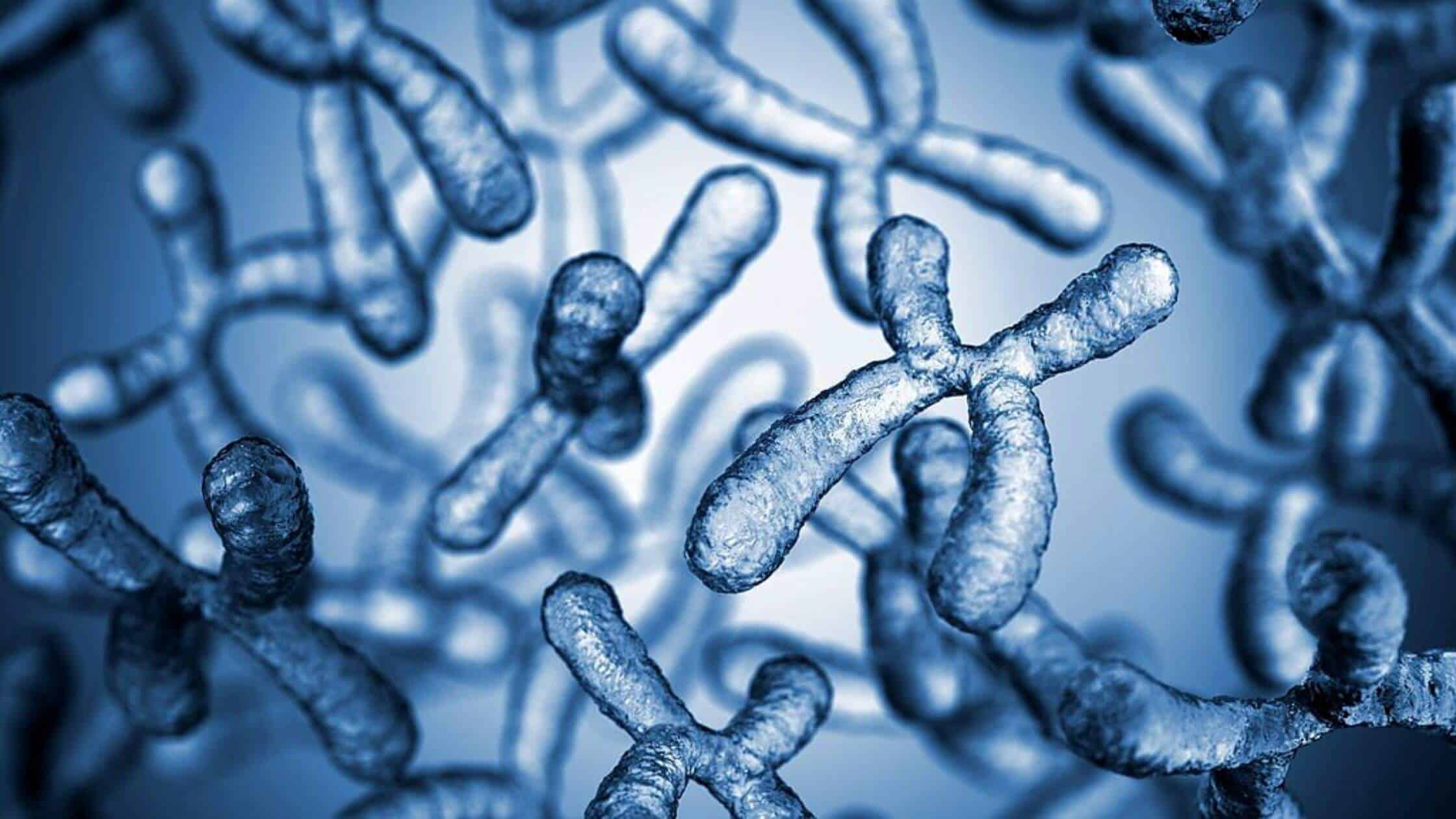Chromosomes: The Building Blocks Of Life – And They Are Fluid!
Teresa Breaux | Last Updated : September 28, 2022The building blocks of life have long been thought to be rigid, unchanging structures, and it was believed that any changes in their makeup would result in malfunctioning cells or even death.
Now, however, researchers at MIT have found that chromosomes are actually fluid and can change their structure based on environmental factors. Scientists used test tubes to simulate conditions that would exist in the human body (i.e., warmth and pressure).
They then exposed yeast cells’ nuclei to these simulated conditions and watched as the chromosomes condensed and reorganized themselves into new shapes.
What Do Chromosomes Have To Do With Evolution?
Scientists have long believed that chromosomes are the foundation for genetic inheritance, with 23 pairs forming a total set. Yet, new research suggests that chromosomes may be more fluid than previously thought.

Chromosomes can recombine or exchange genetic material, which means that all the information about your traits is not passed down from just one set of chromosomes.
This has implications for evolution, as it could help explain how we have so many different types of people in the world today.
For example, some scientists think that this flexibility could help to explain why certain populations seem to have developed immunity to certain diseases more quickly.
How much these ideas will change what we know about genetics and evolution remains unclear, but this discovery does demonstrate the complex and interesting ways that science continues to shape our understanding of biology.
What do you think about this? Will chromosomes’ liquid-like properties mean anything for human evolution?
I’m excited by the idea that perhaps because we possess such versatile chromosomes, humans will continue to develop resistance to various diseases in a way other species haven’t been able to adapt.
I’m also interested in seeing if this theory holds up and comes out stronger after more experimentation.
It’s really exciting to see something like an experiment being conducted on something as tiny as a chromosome; imagine what else might still be out there waiting for us to discover!
I’ve always been interested in genetics, so I found myself looking up exactly what this study is about (it was published on September 8th). I wanted to understand where the researchers were coming from when they first made their hypotheses (which might come in handy if you’re ever talking about this!)
More From Powdersville Post:
🔵How Long Can We Live? New Genetic Protective Layer Research By Physicists
🔵Down Syndrome Men’s Thinking Skills Are Boosted By Hormones – Study
How are chromosomes formed?
In our bodies, chromosomes are found in the nucleus of a cell. They’re composed of DNA, which contains all the genetic information that’s needed to make us who we are.
When we reproduce, each parent passes down half of their DNA to their child- one from the father and one from the mother.
Therefore, when you look at your chromosomes under a microscope, you’ll see that they contain two sets- one from your mother and one from your father.
In order to understand how chromosomes work together in making us who we are, it’s important to first learn about genes.
A gene is a segment within a chromosome that determines what traits or characteristics will be passed down to an individual’s offspring.
What can we learn from this study?
We know that the human genome is composed of 23 pairs of chromosomes. What we didn’t know, until now, is that those chromosomes are in a constant state of flux.
Chromosome movement, or chromatin remodeling, as it’s called scientifically, can even happen during meiosis (the process by which sperm and egg cells are formed).
This means that not only do our genes change at different points in time but also the physical structure surrounding them can be dramatically altered.
Is it possible that chromosomes change in real-time?
No, chromosomes do not change in real-time. Chromosomes are cells that carry genetic material from one generation to the next.
They are often a person’s unique identifier, meaning that if one were to take a sample of your blood or saliva, they could determine what chromosome you have.
This is because during cell division the chromosomes split into two different halves, which can then be passed on through sperm or egg cells.
References:
🔵Cleveland Clinic (n.d) DNA, Genes & Chromosomes (Available On):https://my.clevelandclinic.org/health/body/23064-dna-genes–chromosomes
🔵National Library Of Medicine (n.d) Chromosomal DNA and Its Packaging in the Chromatin Fiber (Available On):https://www.ncbi.nlm.nih.gov/books/NBK26834/
Teresa Breaux is a renowned health practitioner who serves as a social worker. She expertized in treating eating disorders and focuses mainly on family-based treatments. Apart from working as a health practitioner, she even provides public awareness through her writings and blogs. Her content includes methods by which you can make delicious and healthy recipes. She is so passionate about writing, especially on issues with eating habits and the importance of eating healthy. If you are someone who loves healthy tips to make your life better, then you must have run across her blogs. You can visit her website and even follow her on social media platforms like Twitter and Instagram.
